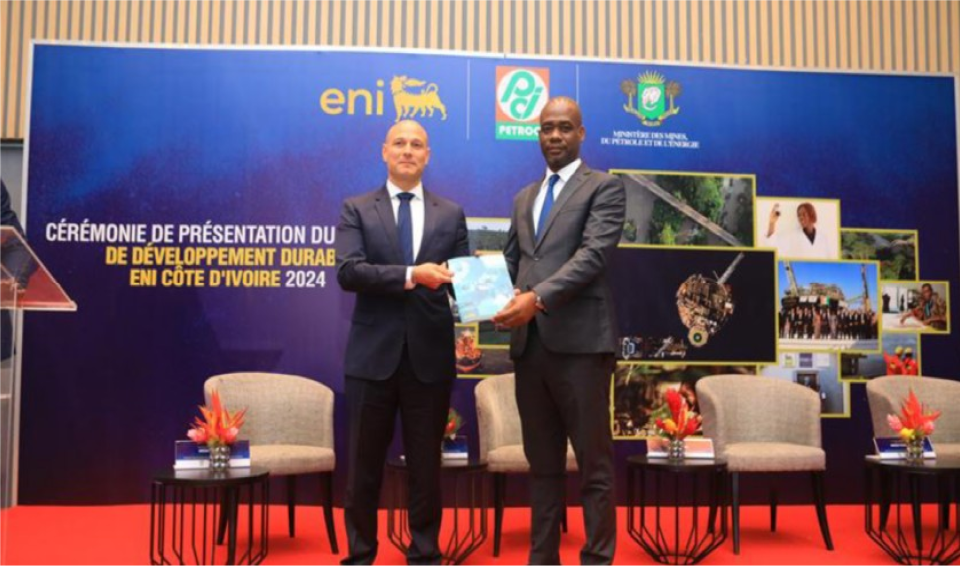By Stephanie Daniels
Eni has announced the official launch of the tree-planting campaign under the Conservation and Restoration of Classified Forests (CRCF) project in the Massa-Mé forest, regarded as one of the 14 forests identified by the initiative. This marks, according to Eni’s statement, the operational start of a forest conservation and restoration project developed jointly with Ivorian institutions. Energy Window International (Media) learnt that the aim was to contribute to the fight against deforestation, protect biodiversity, and create lasting value for local communities.
Eni said the project was part of the United Nations’ REDD+ program – Reducing Emissions from Deforestation and Forest Degradation – which Côte d’Ivoire joined in 2011 to counteract the loss of its forest heritage. “Over the past century, the country has experienced a reduction of more than 90% of its forest cover, mainly due to human activities, urban expansion, and illegal logging, with significant consequences for biodiversity and the forests’ ability to absorb CO₂.”
The tree-planting campaign in Massa-Mé Eni said represents the first implementation phase of a 30-year project (2025–2055) involving 14 classified forests in the Lagunes and Comoé districts, covering a total area of approximately 155,000 hectares. “The plan was developed in collaboration with the Ministry of Water and Forests on behalf of the Ivorian government and is set to become one of the region’s most significant Natural Climate Solutions (NCS) initiatives.”
Alongside reforestation, the project includes a comprehensive range of on-the-ground activities, and community involvement in monitoring will be strengthened to prevent illegal activities such as poaching and intensive deforestation and to enhance enforcement. Up to 12 million native trees will be planted, Energy Window International (Media) has gathered, in abandoned or unused areas, produced in nurseries managed by local communities and cooperatives. Sustainable agricultural practices will also be promoted to improve crop yields, and the project will support tangible local development initiatives, including the construction of potential community infrastructure such as schools, wells, and health clinics.
Eni says the initiative is part of its broader commitment to decarbonization and sustainable development, in line with the United Nations 2030 Agenda. The Baleine project in Côte d’Ivoire is the first net zero emission upstream project in Africa. Emissions from operations are reduced through the use of best available technologies and energy efficiency processes, while residual emissions are offset through forest conservation and restoration projects and the clean cooking program, Eni said.
Eni says that it has been present in Côte d’Ivoire since 2015 and has made the two largest hydrocarbons’ discoveries in the country, Baleine and Calao. The company also said that it has always committed to energy production and sustainable development through projects in education, training, healthcare, and economic diversification.

